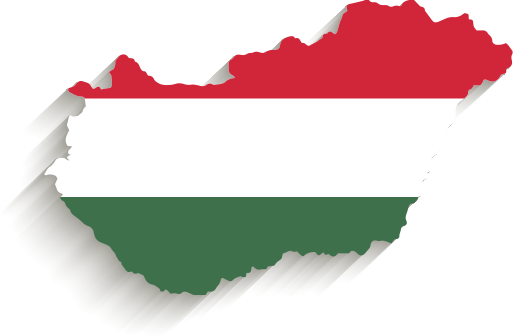(Grant Agreement n. 669194)
(Gyimesközéplok (Lunca de Jos), 1/6/1928)
Deputy Minister - Ministry of Foreign Trade (1971-1974)Ambassador of Hungary in Paris (1974-1979)
Minister - Ministry of Foreign Trade (1979-1987)

He, as foreign trade minister, had several meetings with EEC representatives. However, he insisted on concluding an agreement with the EEC solely in accordance with the GATT regulation.
|
Since the early 1950s he was a Hungarian representative in several international organizations and meetings, he managed the talks with the General Agreement on Tariffs and Trade. However, during the 1980s he rigidly opposed concluding a genera... |
|
In the ministry he was responsible for the inter-bloc relations. He represented his ministry during the inter-ministerial negotiations concerning the EEC and CMEA talks. |
|
Since his vice presidency he was the permanent representative of Hungary in the CMEA, he supervised the talks with the EEC and managed an active economic policy with the Western countries. He did not support to conclude a general trade agreeme... |
|
As a commercial secretary in Brussels he participated the debates of the Socialist embassies, later in Budapest, at the Ministry of Foreign Trade he was the member of the coordination board dealing with the EEC agricultural embargo after the C... |
|
He was the key figure representative of the national bank towards the West, the Eastern banker and businessman who all along remained Communist. He acquired several loans to Hungary to develop the national economy, but publicly never supported... |
|
As a diplomat in Brussels, he represented the official Hungarian standpoint, participated several meetings to coordinate the viewpoint of socialist states. However, he built good unofficial relations with the EEC apparatus in Brussels. |
|
A leading expert of Western economies and the EEC in the Ministry of Foreign Trade. |
|
As a worker origin trade apparatchik he always followed the official political line, as a foreign trade minister he carefuly supported the New Economic Mechanism, but also served after the fall of the reform. |
|
As the economic secretary of the Central Committee he was responsible for the preparation of proposals dealing with economic policy and foreign economy. As the member of the older generation party apparatchiks, he did not supported a radical o... |
|
During his presidency the Chamber trasformed from the closed club of foreign trade enterprises to an open business federation, which promoted actively Hungarian exports. He personally initiated the series of Hungarian Economic Days abroad, he ... |
|
Proposal to the Economic Committee: Our economic and trade policy towards the Common Market, options to develop it
MNL OL XIX-A-39-b 37. d. | 00941/45/1982
The new, modificated version of the proposal on relations with the EEC stated that diplomatic recognition was ‘no longer relevant’. This change showed that the time had not yet come to shift towards a new approach. - Available here. |
|
Recent developments in relations with the EEC – evaluation and proposal
MNL OL XIX-A-2-af 187. d. | 820/Me
Melega suggested to József Marjai the following tactic: Hungary would send its representatives to the expert level negotiations, but maintain its position concerning discontinuation of the discrimination, refusal of the effective reciprocity. - Available here. |
